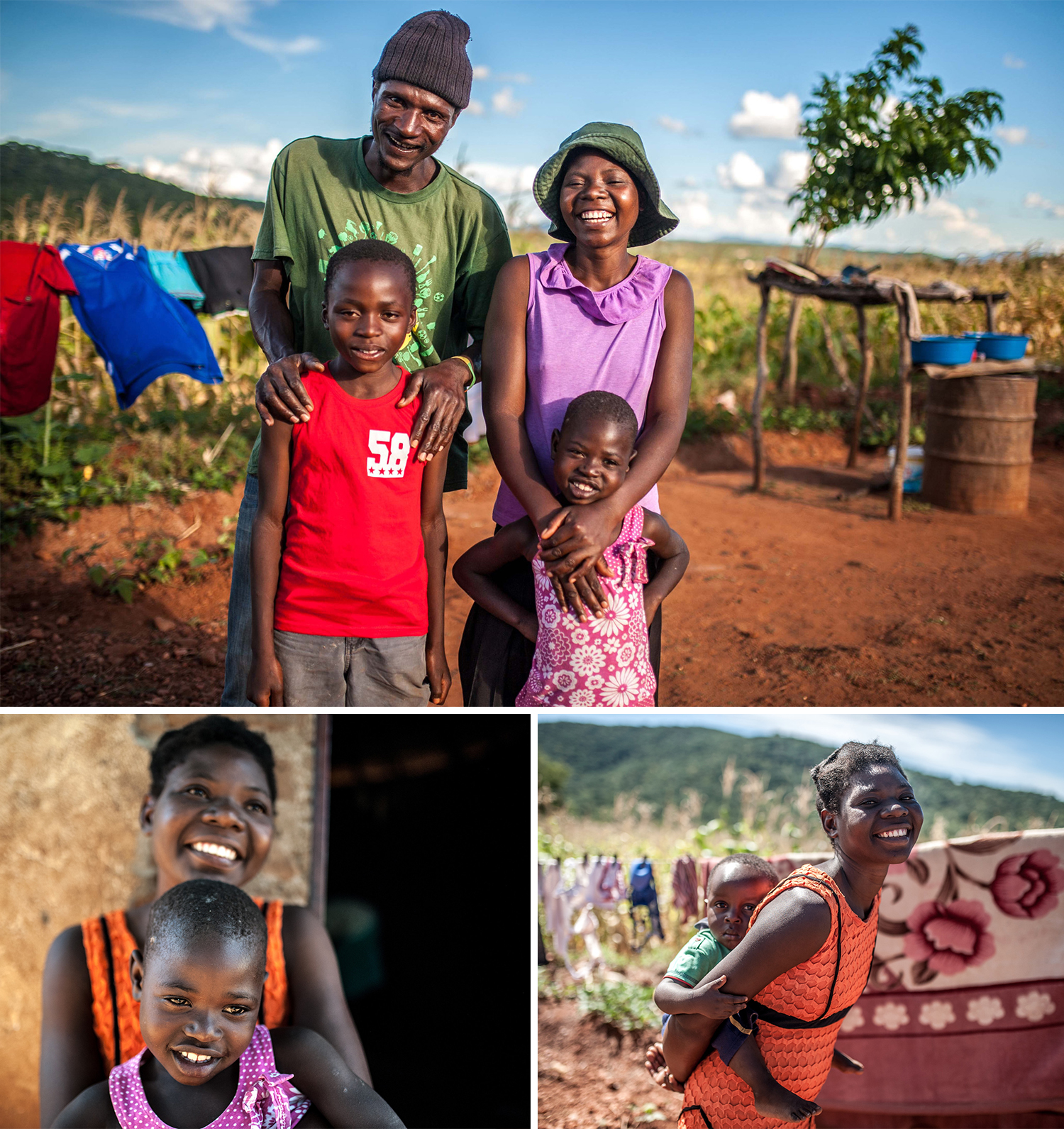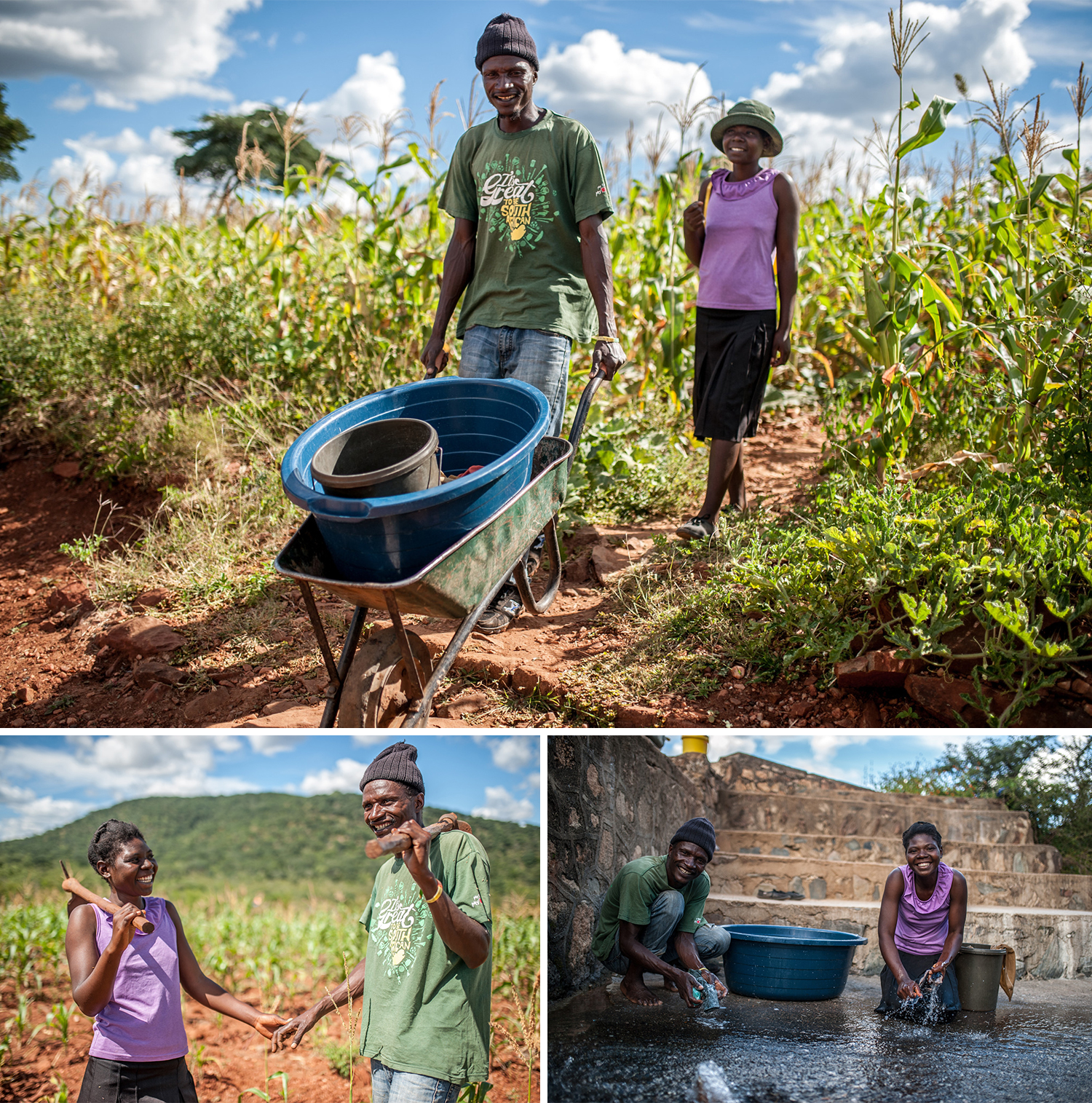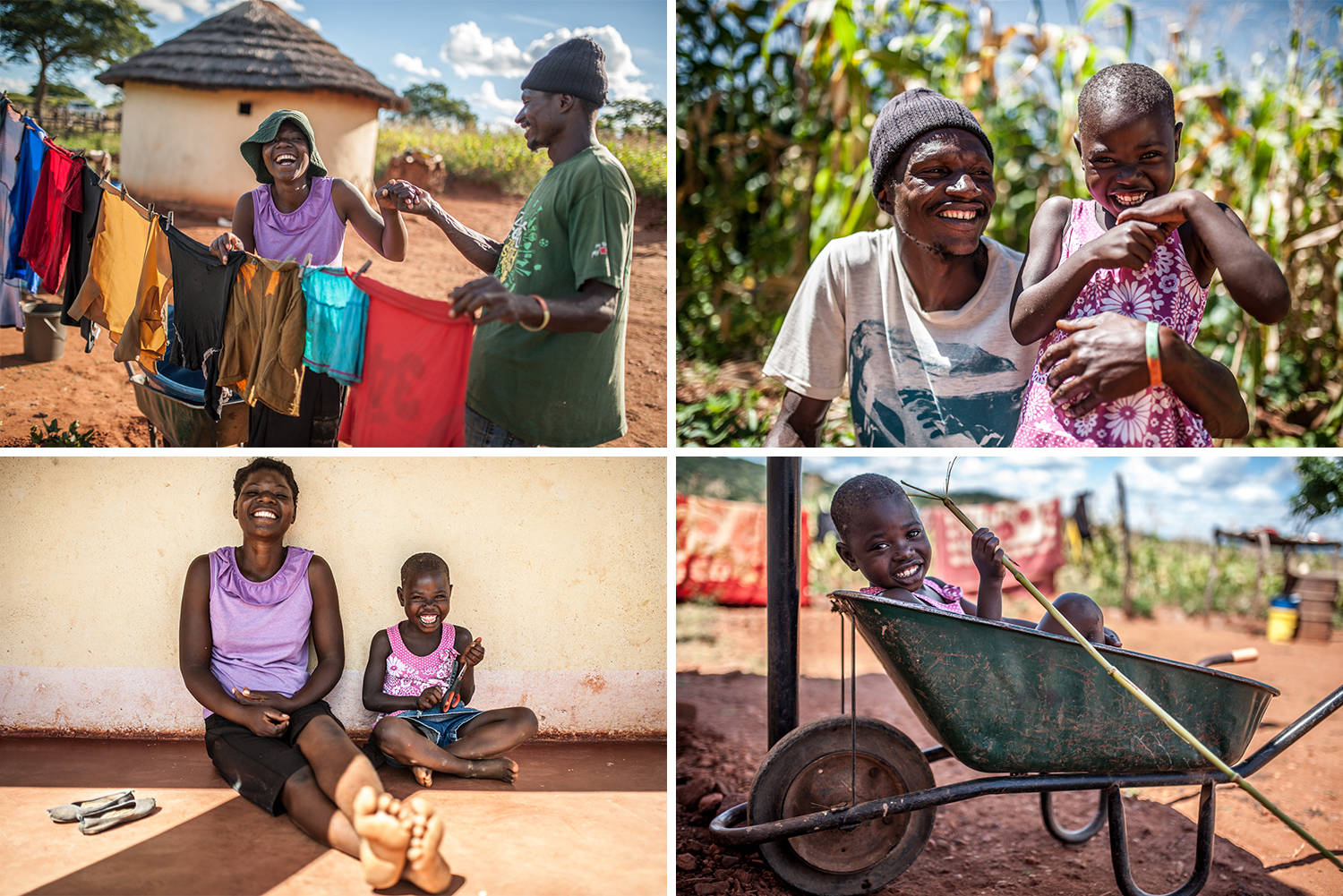- 3 min read
- Published: 17th August 2017
Oxfam shows 'We Care' in Zimbabwe
For families in many parts of the world household tasks such as laundry, cooking, cleaning, collecting water and caring for dependents take a huge amount of time and energy. Limited access to time-saving equipment, public infrastructure and services exacerbates this situation.
For women, domestic and care work is often heavy, inefficient and unequally distributed. Women globally spend, on average, more than twice as long as men on unpaid work – that can mean as much as five hours per day on household tasks like laundry and cooking, and on caring for children and family. It can mean less time spent learning new skills, earning money or taking an active role in the community. This limits women’s choices and undermines efforts to achieve gender equality and overcome poverty. Oxfam’s We Care initiative aims to change this.
Why Oxfam cares about care
Care has long been considered the responsibility of women. As a result, providing care falls disproportionately on their shoulders – limiting women’s time to learn, to earn or to take part in political and social activities of their choice. This is an issue in every country; however, the effects of unequal care are more extreme in poor communities. Tasks such as laundry and cooking can take most of the day when there is limited access to water and fuel, let alone washing machines or stoves. Drivers of poverty, such as lack of services and exposure to disasters, increase the demand for care work – preventing women’s empowerment and trapping families in poverty.
Ulita Mutambo said: “We started the ‘We Care’ programme in 2014, that’s when things changed for the better. At first my husband did not help me at all. I would do all the work on my own, carrying firewood from the mountains, fetching water from the borehole which is far from here. Things got better when he accepted to join the programme and started helping me. Now the work is lighter.
“The chores that have to be done are laundry, fetching water, cooking, bathing the children, as well as working in the fields. When I had just got married I would do all the work, my husband would only help now and then. Now we help each other. While I do the washing, cooking or sweeping, my husband goes to fetch water. After that we go together to collect firewood. Getting help is good because now I get time to rest. Before we joined the programme I would never have time to rest.
“Now that I have free time, I can help my children with their homework. Before the We Care programme, I never had time to help my children with school work, so I am happy. I am also able to spend time with my children, getting closer to them. The programme has changed life a lot within this family. We now live together in harmony as a family.”

(Top) Ulita Mutambo (26) stands with her husband Muchineripi Sibanda (36), her son Blessing, 9, and Sandra, 6, outside their home in Ture Village, Zvishevane region, Zimbabwe. (Bottom left) Ulita with her daughter Sandra. (Bottom right) Ulita with her young nephew outside her home. Photos: Aurelie Marrier d'Unienville/Oxfam

(Top) Ulita and her husband Muchineripi walk to collect water from an Oxfam-built water pump just over 1km from their home. (Bottom left) Ulita and Muchineripi take a break from farming together in their corn field close to where they live. (Bottom right) Muchineripi helps Ulita with the laundry in a nearby river . Photos: Aurelie Marrier d'Unienville/Oxfam

(Top-Left) Ulita’s husband Muchineripi helps her hang up laundry outside their home. (Top right) Muchineripi with Sandra outside their home. (Bottom left) Ulita with her daughter Sandra. (Bottom right) Sandra relaxes in a wheelbarrow. Photos: Aurelie Marrier d'Unienville/Oxfam
